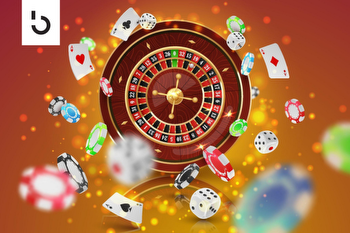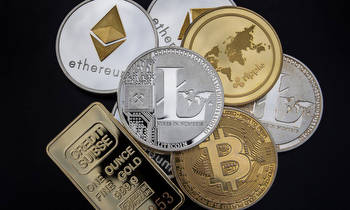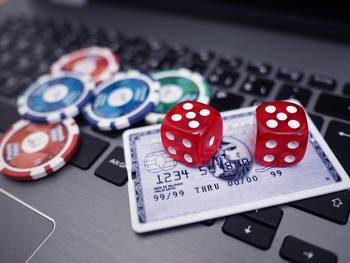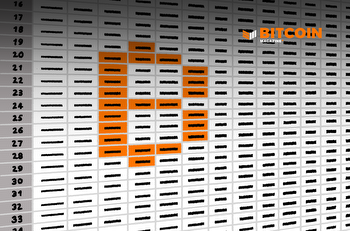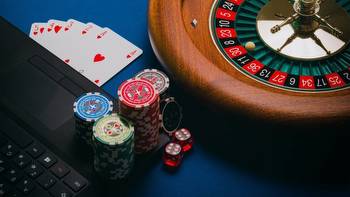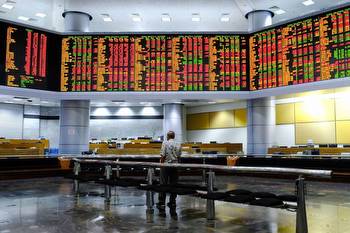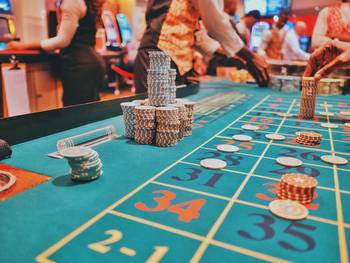What's The Difference Between Investment & Gambling Anyway?

The last few years have seen gambling and investing merge as meme stocks, dogecoin, and tesla options have all blurred the distinction between the two. So what’s the real difference between investment and gambling?
- Investments should have a fair anticipation of reward over time, while gambling is seen as random and shorter term.
- Being able to research and act on a risk is something more applicable to investments.
- In an investment, both sides prosper, as opposed to a ‘winner takes all’ result in gambling.
Investing has been defined as “putting resources into something with the anticipation of future returns.” Whether buying real estate, stock, or bonds, the hope is that they will be worth more in the future, or that you could earn an income stream on these acquisitions.
This month’s house prices or the next tick of a stock symbol, either up or down, may seem arbitrary. But studies show that aggregate home and stock prices increase over time.
So in time, with research, asset allocation (not putting too much of your total investment in one place), and keeping investment fees to a minimum, we expect to see investments grow. This is the “anticipation of future returns” outlined above.
Gambling is a bit harder to narrow down. The Merriam-Webster dictionary says it’s the “practice of risking money or other stakes in a game or bet.” But for our purposes, the best definition is provided by Wikipedia. “Gambling is the wagering of something of value, on a RANDOM event, to win something else of value.”
While you anticipate investments to increase in value over time, the bet on red or black on roulette is genuinely random and will always trend towards the built-in house advantage the longer the time frame.
When wagering on truly random events like a roulette spin, we expect to see our nest egg decline.
So, is investing in dogecoin, which has no intrinsic value, gambling? While pooling your resources with a well-heeled blackjack count team, with a clear long-term advantage over the house, investing?
Certainly, we have seen the gamification of many investment types. The debate over whether buying gold is the same as purchasing bitcoin is ongoing. And day trading and options markets, once reserved for the very experienced and well-financed, are now open to college students with nothing more to invest than a paycheck.
Meme stocks (shares in companies that have cultivated a dedicated fanbase on social media, which can sway their value) and cryptocurrency with very little actual value, if any, have exploded across the investment community. And many early investors have gotten filthy rich. But is this a random event or the anticipation of future returns?
To gauge whether we will see future returns, we need to consider short-term and long-term risks. An investment strategy is, at its heart, about managing risk. Gambling is about ignoring the risk for outsized short-term returns.
The differences between investment and gambling relating to risk can be summarized by looking at how we research it and manage it.
Comparing how the markets have evaluated and priced the asset or bet before agreeing to it is a crucial aspect that distinguishes investing from gambling.
In reference to the meme cryptocurrency above, it might be possible to know which crypto coins will become a fad and take off based on the folks currently speculating on them and their past success.
That said, just as the penny stocks of decades earlier primarily benefited those pushing/manipulating the stock, the pump and dump of meme cryptocurrency is no different. Research shows that most people will lose money over time. Hype and social media exposure is not in and of itself valuable.
Proper risk assessment can show that things that might appear to be investing are just wagers dressed up in Wall Street clothes. And conversely, things that appear to be gambling can, sometimes, be investing despite their Sin City origins. Its the knowledge of risks and the ability to use it to address the current investment that helps us separate the two.
Because investing means buying an actual stake in something, whether it’s stock in a business or the yield of interest on some bond, we are often presented with the ability to monitor the ongoing risk of an investment over time. This allows us to modify our risk or even end it if we choose.
While a twelve-team NFL parlay may stretch over a few days, or a $100 futures ticket on the Packers to win the Super Bowl may stretch over a few months, but once these wagers are placed, our ability to modify or end these wagers is severely limited.
Research on the S&P 500 will show that it has returned over 12% a year over the past ten years and that an investor could double their investment in less than seven years with that kind of return. And while investors have lost money on individual stocks or even saw their stock investments lose money in the short term, a well-diversified portfolio rarely loses value over periods of a decade or more.
A well-placed bet on black can double your money in just one spin, of course. But even a quick bit of research will show that each spin of the wheel costs you 5.27% in American casinos. That means you will lose one average bet in less than twenty spins. That means if you are wagering $25 a spin, you’ll be down $50 to $75 an hour.
Interestingly though, a well-funded and well-trained blackjack counting team, with a bankroll of $100k, favorable house blackjack rules, and the ability to spread up to eight bet units, can earn over $300 an hour for each team member they can get into action while only having a 2% risk of going broke throughout their play. And as their bankroll grows, this number goes down.
Another distinction between investing and gambling comes when looking at who benefits. Betting is usually two sides at cross purposes with a winner-takes-all outcome. Investing is more of a desire to reach a mutually desired outcome.
If I buy T-bills, I’m loaning the Government money to pay their obligations. Both I and the Government get something we want. If I sell a futures contract on soybeans through the CME group, I’ve gotten a price I wanted for my commodity, and someone else has locked in that price for future delivery. We are both happy with the outcome.
Yet, if I bet you $100 on this next golf shot or pickleball match, one of us wins, and the other loses. It’s this relationship, along with many people’s inability to properly weigh risk, that has often seen gambling restricted or made illegal. While Western society has welcomed investing as a way of creating generational wealth while helping to build strong national economies.
It can often be challenging to distinguish between a bet and an investment. And today’s Wall Street and crypto markets and stock trading apps posing as brokerages, and brokerages advertising themselves as fail-safe ways to make money, only muddy the water further.
But suppose we remember that investments should have a fair anticipation of reward, that risk is in our favor, that our money will help fund not only our desired outcome but someone else’s, and that we have done our research to ensure that all of this is so. Then we can safely call it an investment.
To stay ahead of the game, take a look at our article on investment scams.







.jpg)
